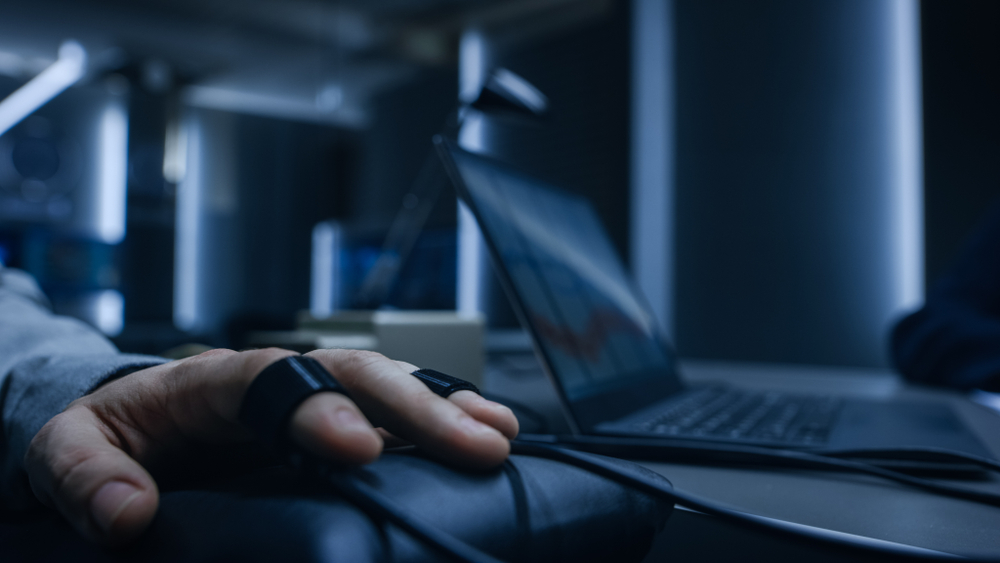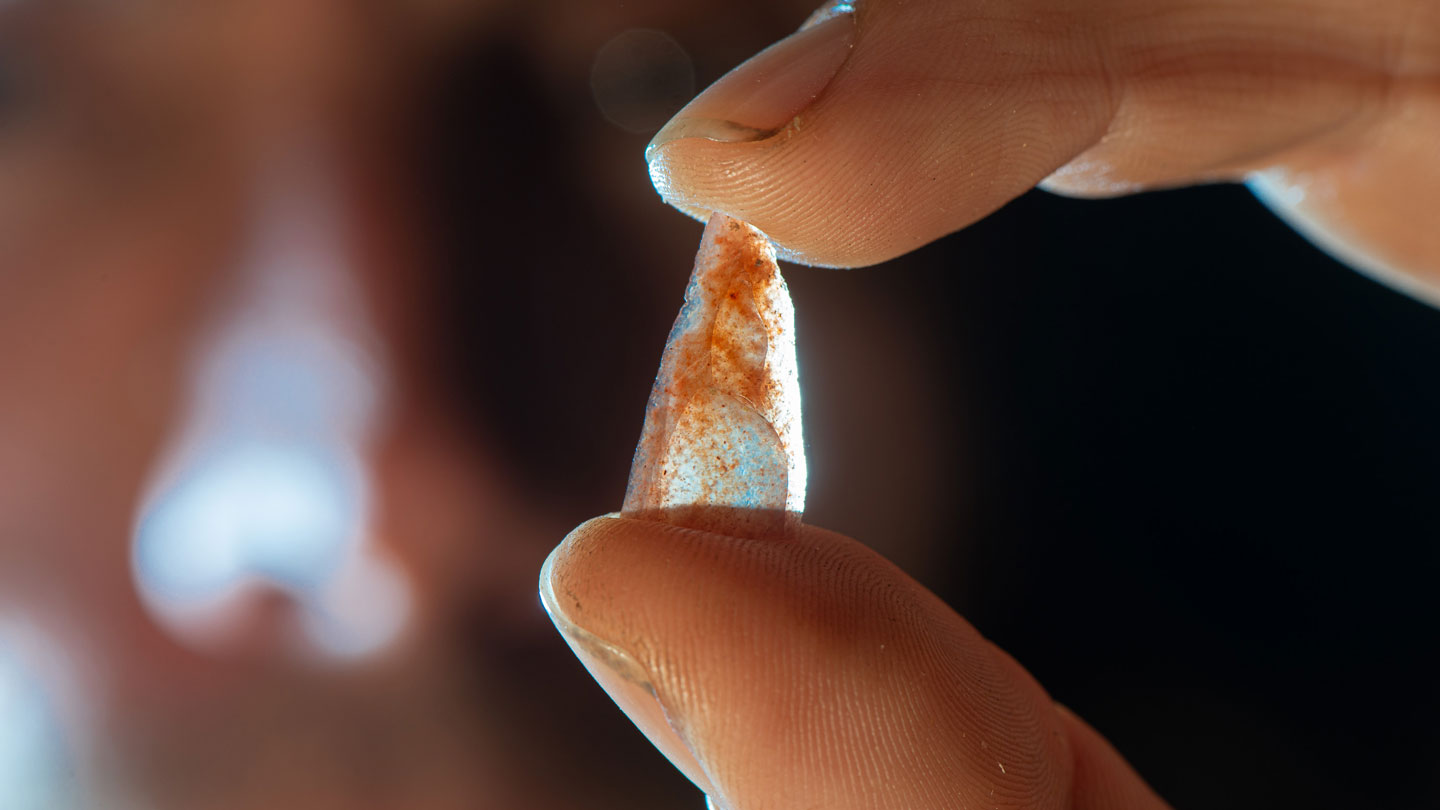In Liu Cixin’s famous science fiction series The Three Body Problem, human beings make first contact with the Trisolarans – an alien civilization incapable of deception or lying because they broadcast their thoughts. This ability creates a deep mistrust of human beings on behalf of the Trisolarans, as our thoughts and agendas are private to our own subjective reality.
Human beings have no foolproof way to know if someone is telling the truth. Sometimes our intuition can give us clues; strange body language, inconsistencies in what people tell us, or their behavior. But apart from this, we are largely left to trust the words of our peers, as we have no way of accessing their own inner world.
This doesn’t mean we haven’t tried. Humans have, and continue to develop techniques that can, in principle, detect when someone is lying.
How Lie Detection Has Evolved
One of the first known methods to detect lies came from 1000 B.C. China. An individual suspected of lying was required to fill their mouth with a handful of dry rice. After a while, they had to spit out the rice. If the rice remained dry, the suspect was deemed guilty of the charges laid against them.
Read More: The Science of Spotting a Liar
The method was based on the physiological assumption that experiencing fear and anxiety is accompanied by decreased salivation and a dry mouth.
More modern attempts at detecting deception similarly rely on physiological signs, or “biomarkers” as they are commonly known, that accompany lying.
One example is the common polygraph or lie detector, and it has been used in criminal cases over the last several decades, often providing evidence of deception for the prosecution. It works by picking up changes in blood pressure, heart rate, breathing and skin conductance, which can be indicative of someone not telling the truth.
The Truth of Lie Detection
However, there is significant uncertainty around the efficacy of polygraphs, as these physiological changes can also be produced by states other than lying. Additionally, the alleged physiological signs that accompany lying may not be conserved across cultures, ethnicities, genders and age. The interpretation of lie detection results may be based on previous findings from one particular group that may not carry across to another.
“Bias is certainly a major issue. In order to interpret the results of a lie detection test, the data collected are compared to other results. If those other results were conducted on people of a different race, ethnicity or gender, the analysis could indeed be faulty, and various demographic groups could suffer an increase in false positives,” says Jo Ann Oravec from the University of Wisconsin.
Oravec recently published a paper that raises ethical and functional concerns regarding modern lie detection techniques. She has found problems with the ‘biomarker’ approach to lie detection.
“The false positives that categorize individuals as liars often have devastating economic and social implications. The individuals identified as liars are not ‘innocent until proven guilty,’ but the reverse […] they must provide support for their innocence, possibly in the form of yet another poorly-validated lie detection test,” adds Oravec.
Can we Use AI to Detect Lying?
More recently, researchers have been harnessing the potential for AI to detect lies. In 2021, scientists from Tel Aviv University developed a new AI-powered lie detector that measures micro facial expression in people to determine the authenticity of their statements.
According to researchers, the technology delivers a 73 percent success rate, compared to humans who can spot lying roughly 54 to 60 percent of the time. However, significant concerns have been raised as to whether such technologies may impinge on human rights to privacy, fairness and bias in detection.
“AI-enhanced systems that collect data remotely and that are rooted in complex constructs (such as “biomarkers of deceit”) can produce results that have less transparent and obvious connection to the subject with whom they are associated,” says Oravec.
Over the last few decades, neuroscientists have been working on the project of decoding mental content from brain-based imaging technologies. By combining fMRI data and machine learning, scientists have been able to deduce, with high accuracy, semantic and visual mental content, constituting a form of “mind reading.” This has led some to suggest such techniques could be applied to lie detection.
However, in a 2019 paper, researchers from the University of Plymouth showed that people using mental countermeasures could deceive fMRI-based lie detector tests. This has led some to question the legitimacy of applying such technology for use in criminal cases.
Certain sectors of society, such as crime, business and immigration have plausible reasons for wanting to use such lie detection technologies. There are, though, several ethical and practical reasons for questioning whether or not such technology should be utilized.
“In the U.S. and some other nations, legislation has restricted the use of lie detection processes in many settings. However, what constitutes ‘lie detection’ is evolving with these emerging AI-enhanced systems,” warns Oravec.
Read More: Lies, Deception and the Criminal Justice System














